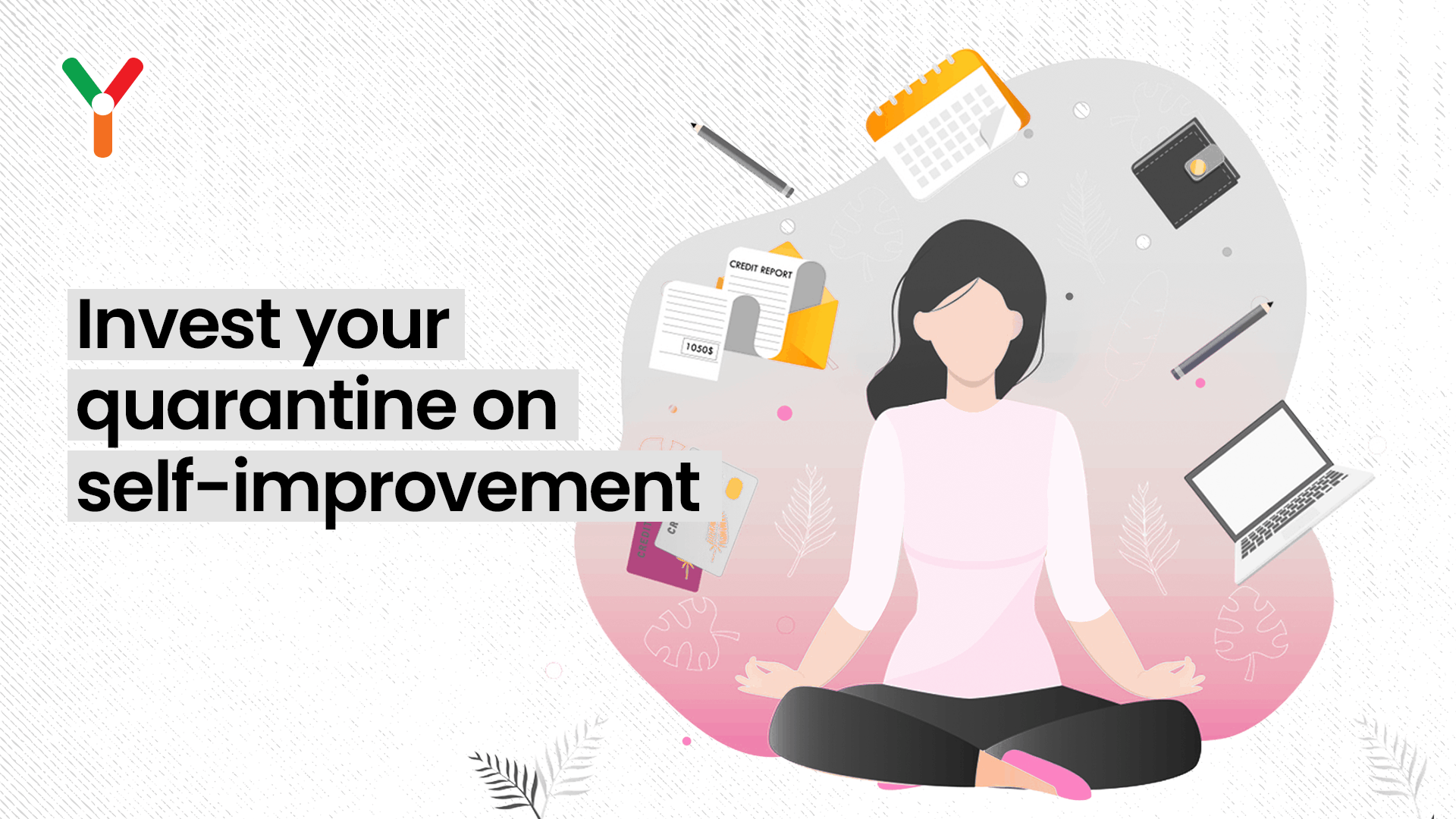
December 31, 2020 - Roshni Shamim
Investing Quarantine Time on Self-Improvement
There are certain things you only experience when you step into the corporate world for the first time; daunting interviews, unexpected questions and a reality check on your actual qualifications are just a few that sit at the top of my mind. While most of these one can prepare for, thanks to the world of the Internet, many remain hidden, waiting to spring on you just as you’re trying to recall if Einstein’s law was actually E equals MC2 or not.
A similar situation struck out with me, minus the recall on fundamental physics. It began with my supervisor asking me if I was aware of what is known as the 21st century skills. Completely unaware of the term, I admitted it was the first time I was hearing of it. He then proceeded to enlighten me on the subject of what we can better identify as a more modern set of skills which are desired by companies today.
Similar to the new era of digitalization we are experiencing today, the outlook on what defines a competitive skill set on the market has also changed to thus welcome a fresh new era. Today, companies identify individuals that hold what is known as the 21st century skills. Previously, the expectation behind skills was more generic, foundational, and segmented. The traditional skill set therefore included competencies which included holding a robust grip on technical knowledge integrated with an aspect of acute emotional intelligence. Fresh into the corporate world, I also clung naively to this mindset until it was very recently given an updated makeover.
I mentioned earlier the importance of data and the role it plays today for companies worldwide. Essentially, 21st century skills emerge from the same pivotal outlook linked to increasing data. Globalization today has instigated a workforce that should aptly acquire skills which are applicable for practical usage anywhere in the world. 21st century skills encompass the same spectrum.
While technical skills were the priority before, creativity in various streams of written, verbal, and logical skills are now emphasized much more by firms. Innovation thinking therefore requires an individual holding 21st century skills to excel in five key aspects:
-CREATIVITY: Individuals are required to perceive beyond what is visible to the eye. Therefore, one has to immerse into a creative cognition that enables a more well-rounded approach for every situation.
-COMMUNICATION: Possibly the most significant aspect, the communication skill set expects the individual to implement their goals in written as well as oral form effectively. However, it does not stop there. Today, communication is morphed to expression, process-sharing and interpretation of the goals exchanged within a company’s departments.
-CRITICAL THINKING: The ability of an individual to assess a problem, analyze all aspects of it, and to then provide the best solution to tackle it.
-STRATEGIC THINKING: 21st century skills now stress on the ability of the individual to cultivate the traits of strategic thinking in the same wavelength as other skills. Therefore, the individual should be well prepared to undergo qualitative and quantitative analysis when and where deemed necessary for analysis, and hence implement the tools efficiently.
-PROBLEM SOLVING: Inter-linked to critical thinking, problem-solving skills should essentially prepare the individual for not only recognizing the problem but also providing comprehensive solutions to work toward it.
I am glad to state that I thankfully passed that interview, despite my expired subscription on the updated version on the youth’s skill set. As I am nearing the end of this post, I am beginning to comprehend the changing stream of expectations from the industry for the youth today. Innovation thinking is becoming an ingrained part of skill cultivation, and accessible tools for tapping into this field can benefit the likes of us greatly. By understanding the concept behind 21st century skills as well as learning it, it thus becomes impossible to ignore the significance that this qualification potentially holds for us. The world is changing, and the only way to keep up with the pace is to stay a step ahead of it.
